परिचय
UPSC Civil Services Examination (CSE) भारत की सबसे प्रतिष्ठित और चुनौतीपूर्ण परीक्षाओं में से एक है। हर साल लाखों अभ्यर्थी IAS, IPS, IFS, IRS जैसी सेवाओं में जाने का सपना लेकर इस परीक्षा में शामिल होते हैं। UPSC की तैयारी में सही किताबों का चयन बेहद महत्वपूर्ण होता है क्योंकि मार्केट में Study Material की कोई कमी नहीं है। लेकिन हर किताब जरूरी नहीं होती। आपको केवल Standard और Authentic Books ही पढ़नी चाहिए।
इस लेख में हम UPSC Aspirants के लिए Top 10 Recommended Books की सूची लेकर आए हैं। ये किताबें Prelims और Mains दोनों स्तरों पर आपकी तैयारी को मजबूत करेंगी।
UPSC की तैयारी में किताबों का महत्व
UPSC Aspirants के लिए Top 10 Recommended Books
1. NCERT Books (6th to 12th) – History, Geography, Polity, Economy, Science
क्यों जरूरी?
Strategy:
2. Indian Polity by M. Laxmikanth
क्यों जरूरी?
Features:
3. Indian Economy by Ramesh Singh
क्यों जरूरी?
Coverage:
4. Certificate Physical & Human Geography by G. C. Leong
क्यों जरूरी?
Useful for:
5. Indian Art and Culture by Nitin Singhania
क्यों जरूरी?
Coverage:
6. Modern India by Spectrum (Rajiv Ahir)
क्यों जरूरी?
Useful for:
7. Environment & Ecology by Shankar IAS
क्यों जरूरी?
Coverage:
8. Oxford School Atlas by Oxford Publications
क्यों जरूरी?
Usage:
9. General Studies Paper 2 (International Relations & Governance) – Subhash Kashyap की किताबें
क्यों जरूरी?
10. Current Affairs Sources
क्यों जरूरी?
Best Sources:
अतिरिक्त किताबें (Optional Subjects के लिए)
किताबें चुनने के नियम
Preparation Strategy with These Books
Step 5: Revision और Mock Tests के जरिए Self-Assessment करें।
Step 4: Current Affairs के साथ Dynamic Topics Cover करें।
Step 3: Atlas और Diagrams के साथ Map Practice करें।
Step 2: Standard Books (Laxmikanth, Spectrum, Ramesh Singh) से Deep Knowledge लें।
Step 1: NCERT पढ़कर Concept Clarity लें।
PYQ Analysis – किस किताब से प्रश्न पूछे गए हैं, उस हिसाब से पढ़ाई करें।
Limited Sources, Multiple Revisions – बहुत सारी किताबें इकट्ठा मत करें।
Overlapping Content चुनें – Polity की किताब Mains और Prelims दोनों में काम आए।
Sociology – Haralambos & Holborn
Public Administration – Mohit Bhattacharya
History Optional – Bipan Chandra, Satish Chandra
Geography – Majid Hussain
Anthropology – P. Nath, Ember & Ember
PIB, PRS India, RSTV, All India Radio
Yojana & Kurukshetra Magazines
The Hindu / Indian Express
UPSC में Direct और Indirect 60% Questions Current Affairs से जुड़े होते हैं।
International Relations के लिए Newspapers + Rajya Sabha TV + Standard Notes Best हैं।
Governance और Indian Constitution को गहराई से समझने के लिए Subhash Kashyap की किताबें Recommended हैं।
NCERT और G. C. Leong पढ़ते समय Parallelly Maps देखें।
Maps-Based Questions के लिए अनिवार्य।
Geography और Environment की तैयारी के लिए Atlas बेहद जरूरी है।
Biodiversity, Environmental Issues, Climate Change, National & International Conventions।
Concepts + Current Affairs oriented।
UPSC Prelims में Environment और Ecology से अच्छे-खासे प्रश्न आते हैं।
Mains (GS Paper 1)
UPSC Prelims (History Section)
Chronological Order में Events और Important Personalities को प्रस्तुत करता है।
Freedom Struggle और Modern History की तैयारी के लिए Standard Book।
Architecture, Dance Forms, Music, Painting, UNESCO Heritage Sites।
संक्षिप्त और Illustrative Book।
UPSC Prelims और Mains में Art & Culture पर हर साल प्रश्न पूछे जाते हैं।
Mains (GS Paper 1)
UPSC Prelims (Geography Section)
Maps और Diagrams से आसान तरीके से Concept Clear करता है।
Physical Geography की समझ विकसित करने के लिए सर्वश्रेष्ठ किताब।
Indian Economy, Budget, Economic Survey, Monetary Policy, Planning & Development।
Prelims, Mains और Interview में उपयोगी।
Economy की बुनियादी और एडवांस्ड समझ एक साथ देता है।
UPSC PYQ आधारित Content।
अध्यायवार आसान व्याख्या।
Constitution की मूलभूत बातें, Articles और महत्वपूर्ण Amendments।
Prelims और Mains दोनों के लिए अनिवार्य।
Polity का Bible कहा जाता है।
Science – Class 6th to 10th (Basic Understanding)
Economy – Class 9th to 12th
Polity – Class 9th to 12th
Geography – Class 6th to 12th
History – Class 6th to 12th
Concepts को आसान भाषा में समझाने के लिए सबसे बेहतरीन स्रोत।
UPSC के Prelims और Mains में आधारभूत प्रश्न अक्सर NCERT से ही पूछे जाते हैं।
Answer Writing के लिए Content और Examples का संग्रह करना
Concept Clarity और Analytical Thinking विकसित करना
Syllabus और Previous Year Questions को ध्यान में रखना
Authentic और Concise Knowledge प्राप्त करना

Lakshya IAS
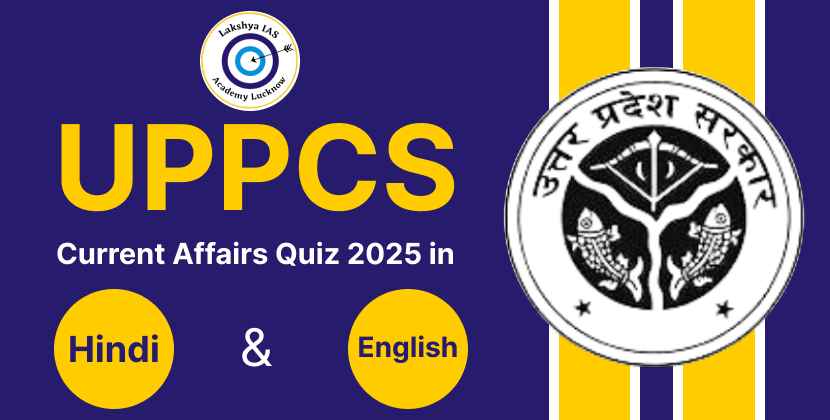
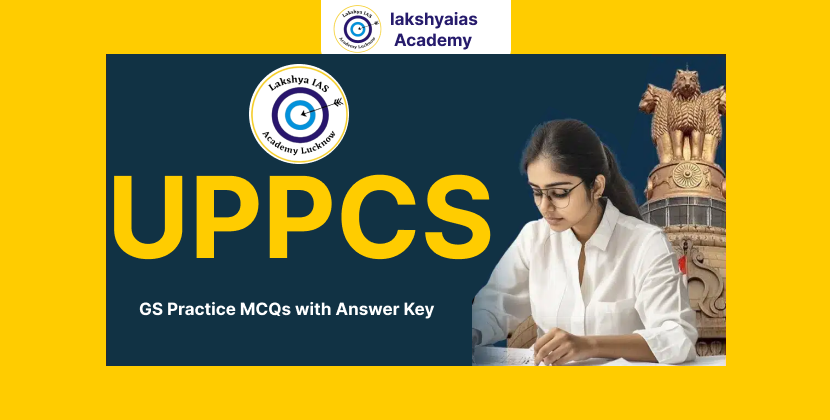
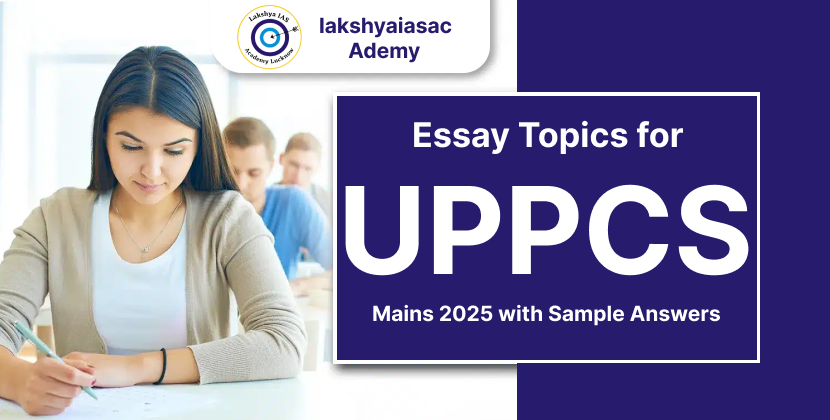
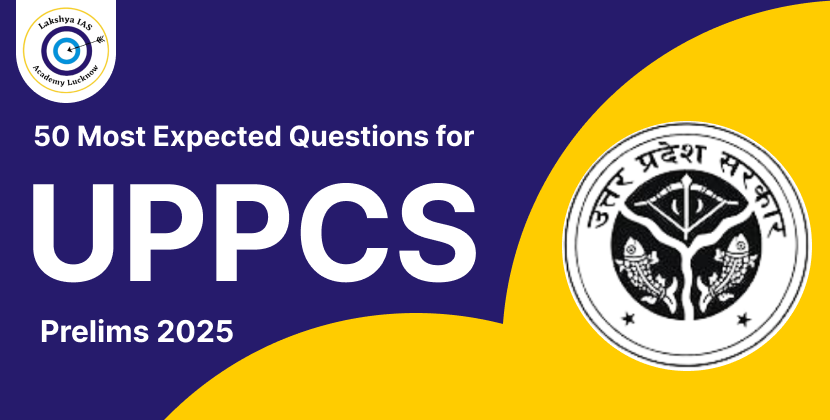
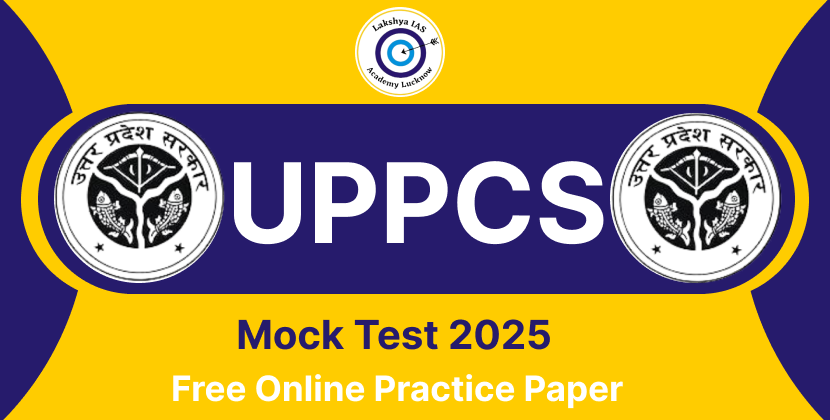
.png)
.png)
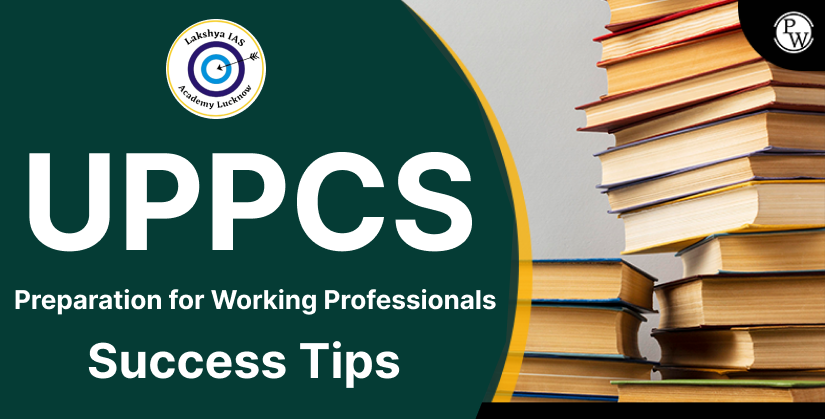
.png)
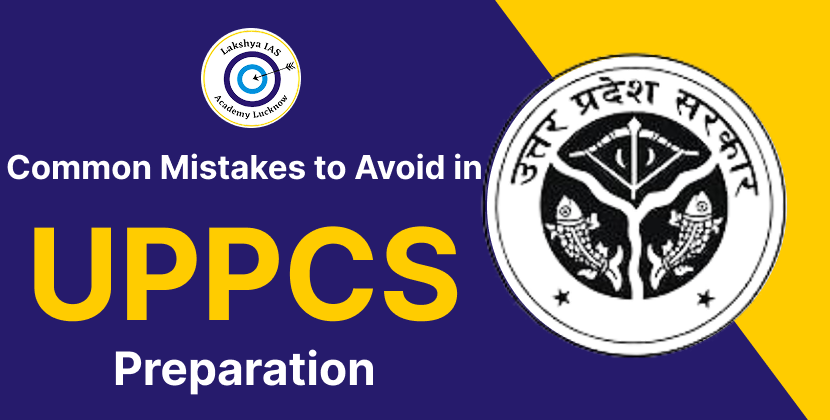
Leave a Comment